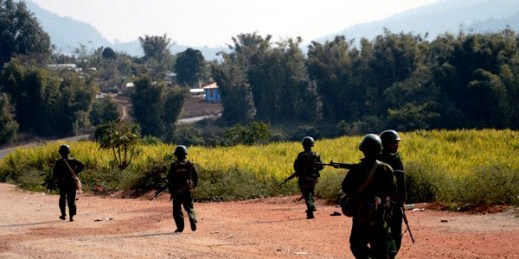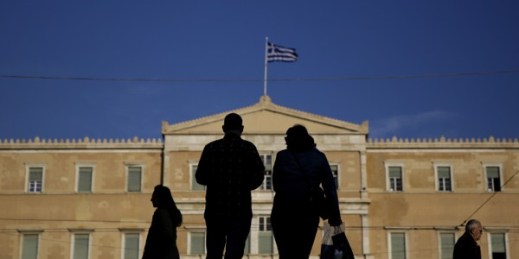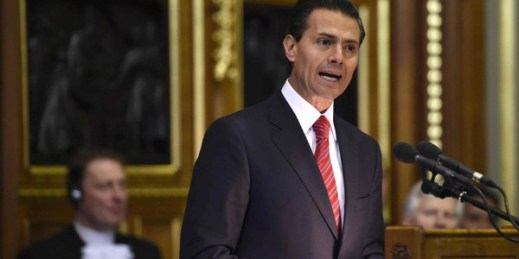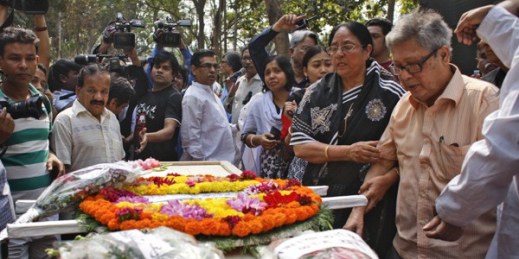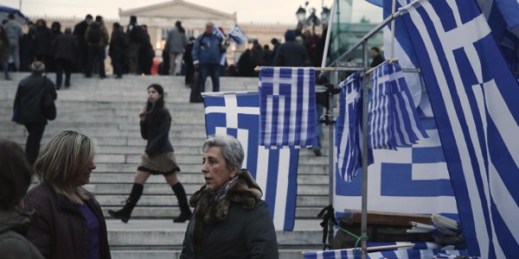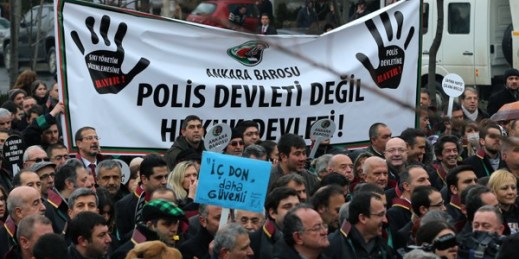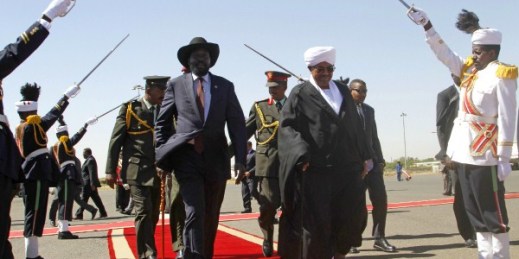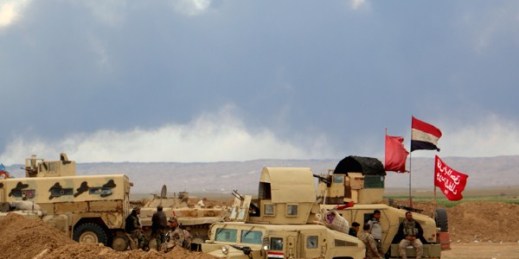
More than ever, Iraq’s Sunnis remain ground zero in the struggle that is being waged against the so-called Islamic State (IS). Recent military successes by the international coalition formed by the United States last summer to counter the jihadis through the intercession of local fighters—particularly Iraqi and Syrian Kurdish militias—make it clear that the war’s outcome will in large part be determined on the battlefield. But any defeat of IS, which arose and has been fed principally by the failure of political powers to grasp the scale of the problem in time, must include a political component addressing Sunni grievances […]

